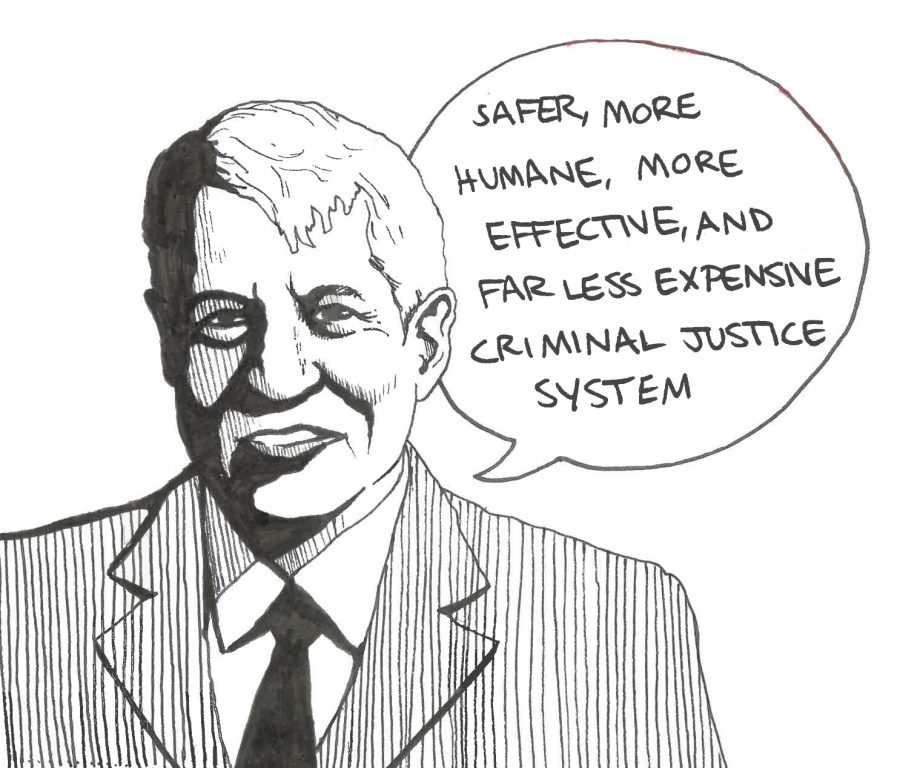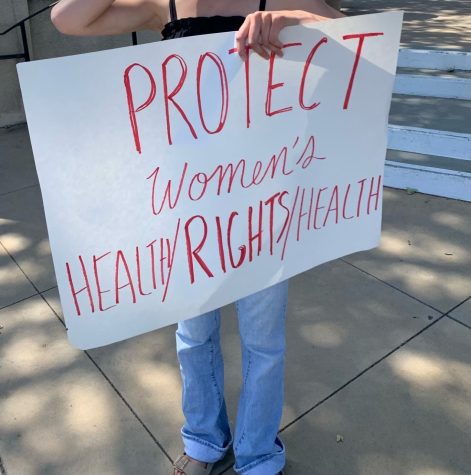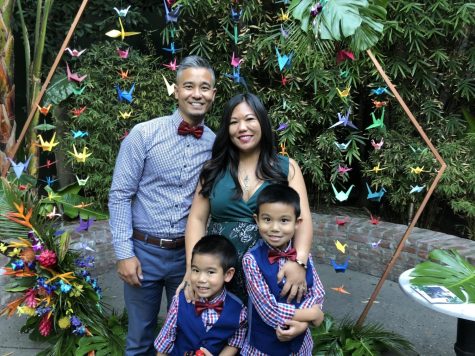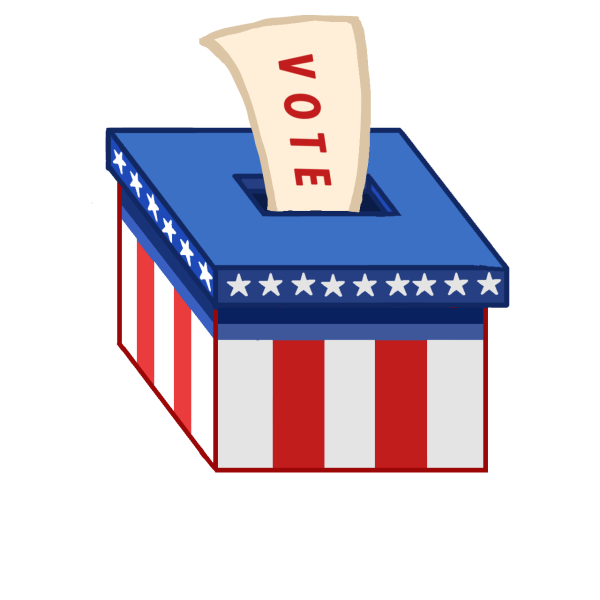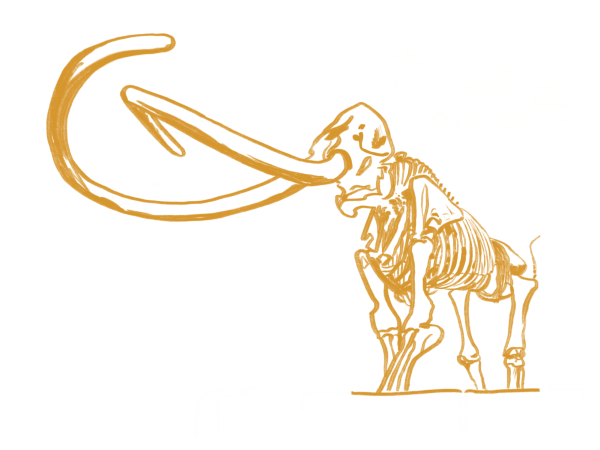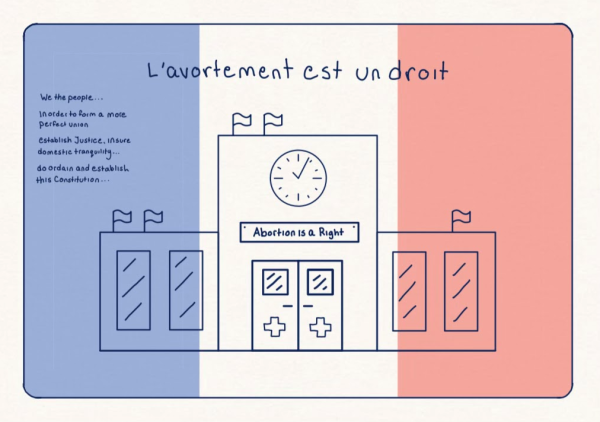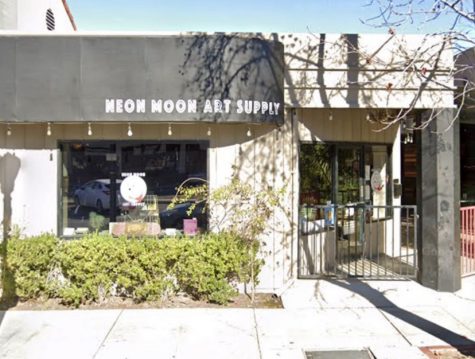New district attorney to influence entire US
In our current high-tension political atmosphere, people seem to be realizing that local elections can have just as much of an effect on their communities as presidential elections. Smaller elections, which once flew under most people’s radar, have become battlegrounds for competing ideologies. This was made visible in 2018, when voters nationwide elected a series of progressive district attorneys who have been spearheading criminal justice reform in cities like Baltimore, St. Louis, Chicago, and Philadelphia. Los Angeles is the latest and greatest spot of contention in this movement, as progressive challengers square up against a more conservative incumbent in our own county’s district attorney race of 2020.
L.A.’s district attorney holds an unusual amount of legal authority for a prosecutor. Not only is L.A. the U.S.’s largest county, but L.A.’s legal decisions and solutions regarding homelessness, the mental health of convicts, and drug use are often mimicked nationwide. Because of the nationwide implications of this election, millions of dollars from out-of-state political action committees (PACs) have backed all candidate’s campaigns. Progressives see this election as a chance to rectify L.A.’s scandal-filled policing history and help fix race relations. Supporters of the comparatively conservative elements worry that progressive reforms will increase crime rates and worsen the problems they set out to solve. The election really comes down to three main candidates who appeared at the L.A. district attorney debate on Jan. 29.
The moderate incumbent in question is Jackie Lacey, who has held the office for eight years, serving as L.A.’s first African American district attorney (DA). Lacey has been a vocal supporter of the death penalty since first being elected, but only advocates for it in extreme cases. She was one of the first DA’s nationwide to support sending convicts with severe mental health issues to treatment instead of prison and has helped make the diversion from prison to treatment possible in L.A. She has continued her office’s long-time policy of giving longer sentences to defendants with proven gang affiliations. Most of the criticism of Lacey is centered around her decision to repeatedly not prosecute officers accused of using excessive or deadly force against civilians. Her response is that the DA’s job is to be a lawyer, and that it was legal for the officers to act as they did even if she did not like it. She takes a more traditional approach to her office, and sees her job as to enforce the laws legislators create. Lacey further defended these decisions in the latest debate by stating that she would only go after officers “for the right reasons,” and would not go after officers for purely political reasons. She clarified her conviction of, that in these specific cases, the use of force was justified. In the last DA debate, Lacey was heckled by protesters from the Black Lives Matter movement, who interrupted her with chants of “Jackie Lacey has to go.” Protesters have previously used a mobile projector to project “Jackie Lacey has blood on her hands” on her garage door, a reference to the fact that over 520 people have been killed by police since she took office.
Lacey’s biggest opposition comes from George Gascon. In the 1980-90s, Gascon was a beat cop in the LAPD. After retiring from the police force, he worked as a prosecutor, and served as the DA of San Francisco until he retired and moved to L.A. to run for this position. He promises a “safer, more humane, more effective and far less expensive criminal justice system” through reform. He intends to abolish cash bail, which he accuses of being racially discriminatory and responsible for the fact that the number of Americans in jail without a conviction is larger than almost any other country’s entire incarcerated population. He is opposed to the death penalty which he argues is too expensive, ineffective at reducing crime, and accidentally executes innocents. In San Francisco, Gascon worked to prosecute companies for violating environmental regulations with the illegal dumping of waste. He created a system designed to hide the race of an accused person until it had been decided whether on not he or she would be charged. He helped start a program to deal with sexual assault on college campuses, prosecuted 23 officers for excessive use of force, and vocally supported legislation to tightly restrict officers from using force. Gascon criticizes handing out longer sentences for gang affiliation as a way to lock up minority defendants, saying that gang affiliations can be hard to prove. L.A.’s current system allows for prosecutors to make assumptions about affiliation solely on the basis of race. Gascon’s progressive views are often criticized on the basis that San Francisco’s property crime rates rose steadily during his time as DA.
The other progressive challenger to Lacey is Rachel Rossi, a former L.A. public defender, whose work often brought her into court defending clients from prosecutors under Lacey’s office. Lacey has often criticized Rossi for wanting to be a “community spokesperson,” and not a lawyer. Rossi says that as DA, she would work with law enforcement because prosecutors rely on them, but would challenge them to provide strict evidence of gang affiliation before lengthening sentences. Rossi wants to abolish death penalty for the same reasons Gascon is against it.
The outcome of this election in Claremont’s own county is likely to have ripple effects nationwide. Los Angeles is a national leader in homelessness, gang violence, and incarceration of African Americans, but it is also a leader in ideas. The legal solutions which 2020’s L.A. district attorney pursues are almost guaranteed to become the template for solutions elsewhere in the U.S., as the entire nation starts to realize that residual criminal justice methods from the 1980s are unsustainably expensive and ineffective. One way on another, this election will help shift the future of criminal justice as it relates to race, gangs, drug use, mental health, police accountability, and capital punishment.
Hello there! Our goal is to provide relavent, engaging journalism for readers of all ages. Your donation will support the student journalists of the Wolfpacket at Claremont High School, and will allow us to purchase equipment, print our monthly issues, and enter in journalism competitions. We appreciate your consideration!





